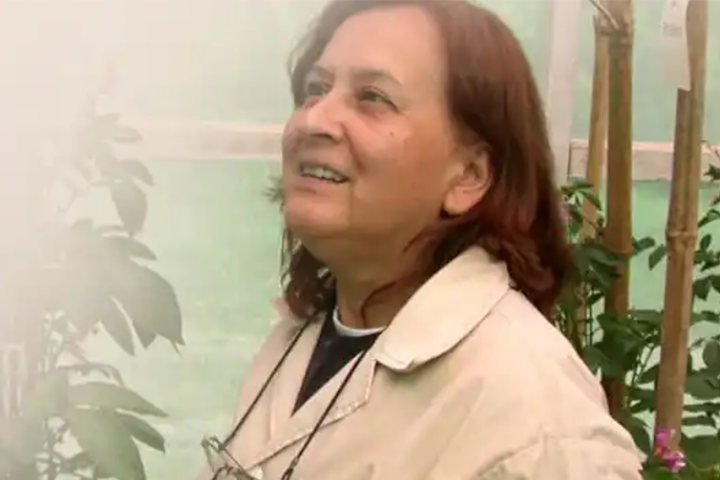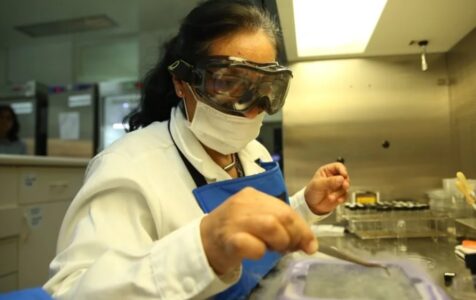HIRTY-FOUR potato varieties have already been developed and released by CIP and the National Agricultural Innovation Institution (INIA) in Peru, helping farmers increase potato yields by 10%, and boosting livelihoods and food security.
Mathilde, a new CIP potato variety specifically bred to help build resistance to late blight disease and increase the resilience of smallholder farming systems in the Andes, is the latest addition to the family.
Late blight is a devastating fungal disease that affects plants in the Solanaceae family, which includes potatoes and tomatoes. In 2022 alone, it caused an estimated global loss of $6.7 billion1 in yield losses and control costs, wiping out entire harvests of subsistence farmers who depend on potato for their food security and livelihoods. In Peru, where potatoes originated, warmer temperatures mean that late blight is spreading into higher altitudes in the Andes – traditional potato-growing areas that historically have been free of the disease. Such breeding efforts also benefit farmers in Africa and South Asia, where late blight is a recurrent disease and resistant potatoes would reduce the need for expensive fungicides used to control it.
Meet CIP-Matilde



